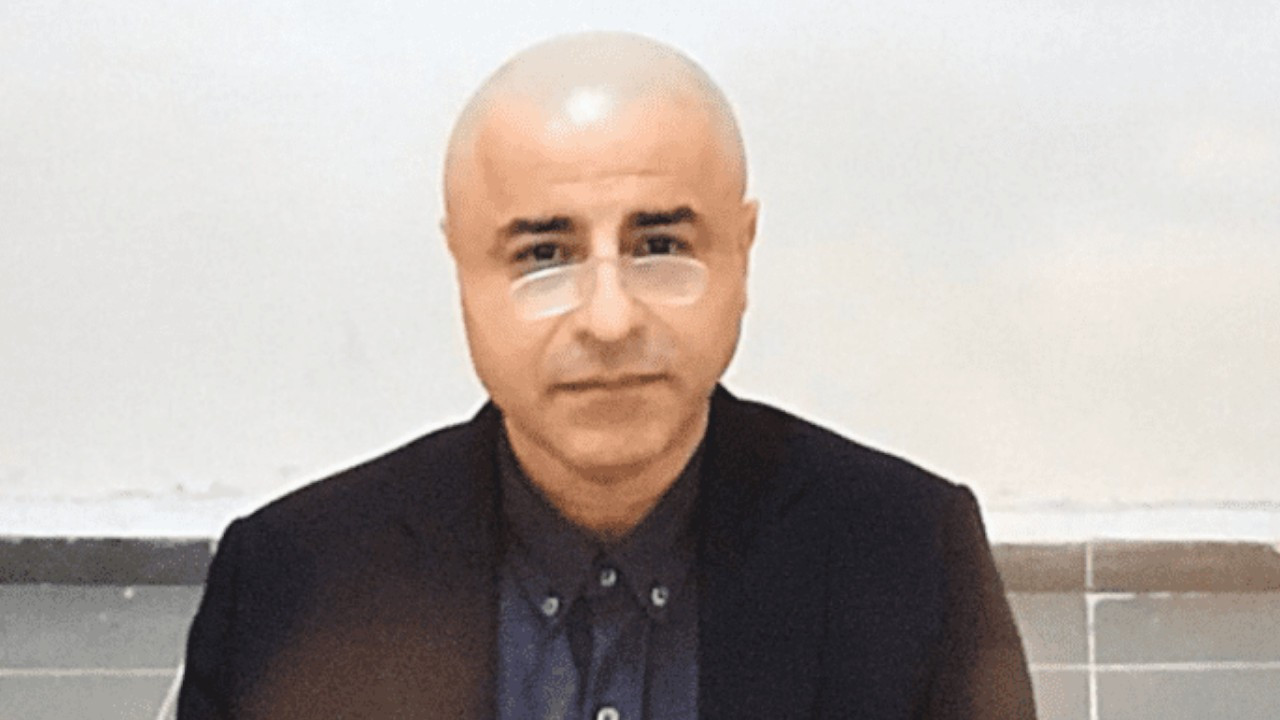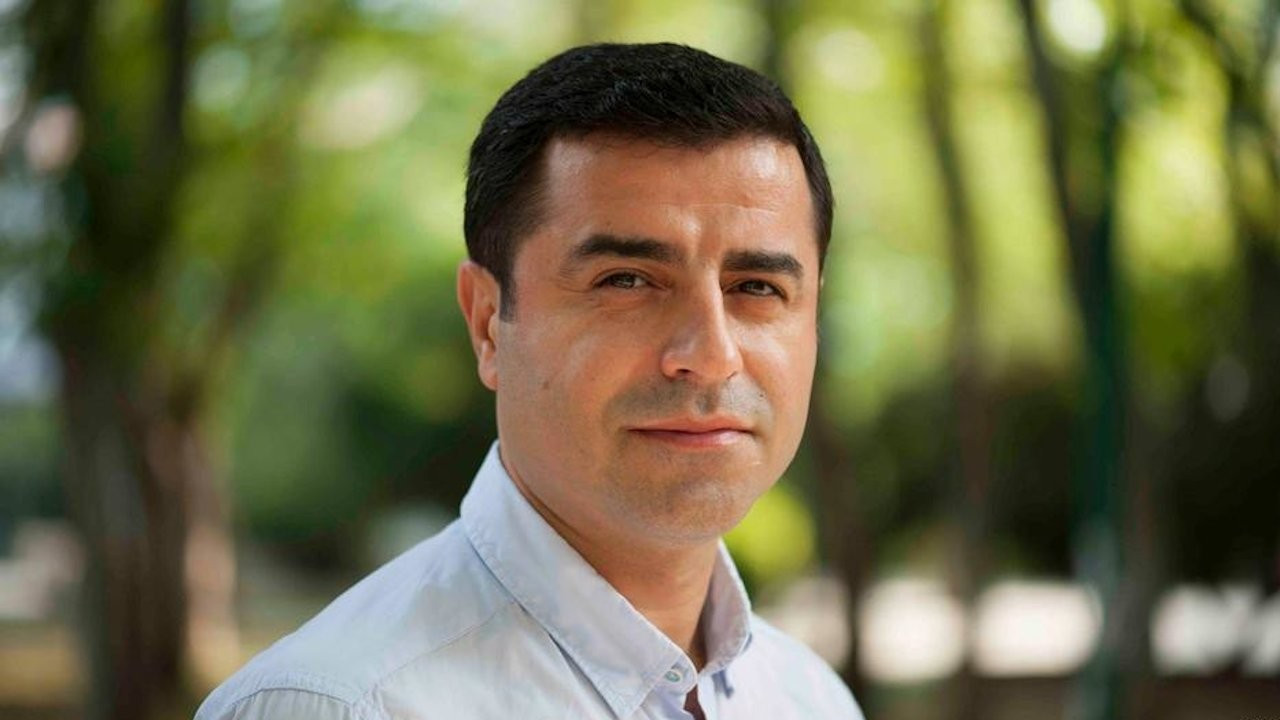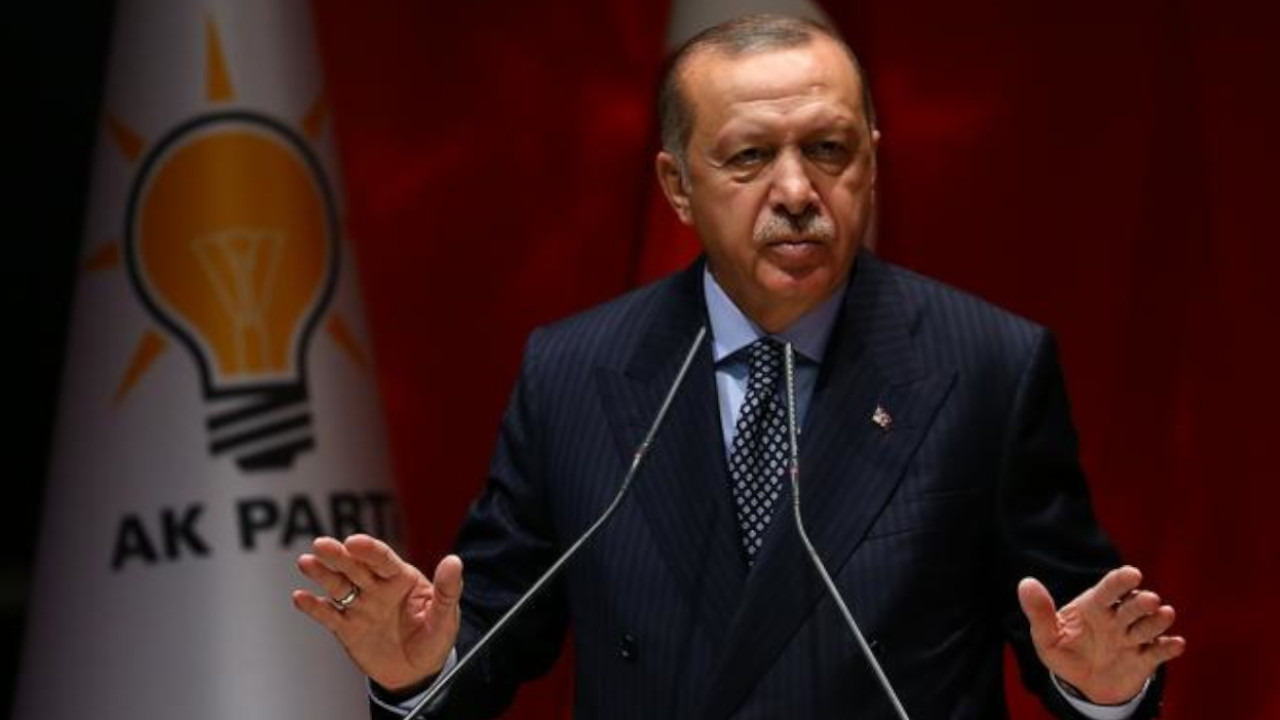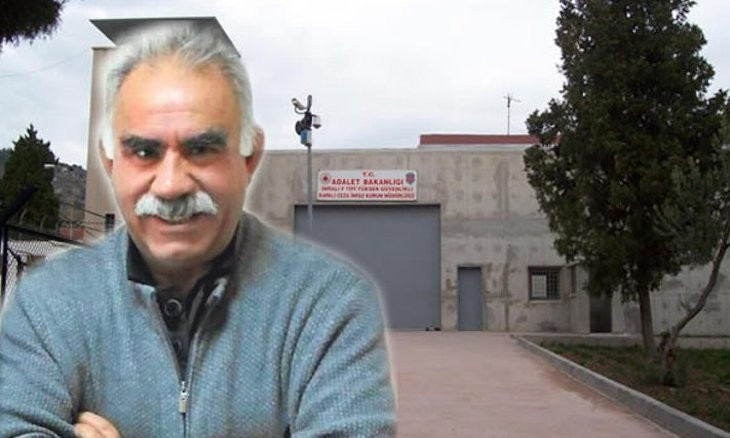Demirtaş: Saying 'we will erect Öcalan's statue' was mistake
Renowned Kurdish politician Selahattin Demirtaş has criticized his 2012-dated remarks of “We will erect a statue of Öcalan,” referring to the jailed PKK leader. Demirtaş said he would not say that today, as it is prone to "being misunderstood."
Duvar English
Jailed former Peoples’ Democratic Party (HDP) co-chair Selahattin Demirtaş has talked about his previous remarks of “We will erect a statue of Öcalan.”
In 2012, Demirtaş had said “We will erect a statue of Öcalan” referring to jailed Kurdistan Workers' Party (PKK) leader Abdullah Öcalan. He had made these remarks during a rally in the southeastern province of Mardin as the leader of the Peace and Democracy Party (BDP).
Demirtaş’s remarks have been since used by the ruling Justice and Development (AKP) Party, which claims that there is an organic link between the HDP and PKK.
Demirtaş told Halk TV journalists: “There are some sentences that I would not use or express in that way today. For example, 'We will erect a statue of Apo' was very prone to both being taken out of context and being misunderstood.”
“At that time, I meant that Öcalan would disarm the PKK. Öcalan himself is not keen on erecting his statue. He thought that there would be peace or a democratic solution. It is also forgotten, but in those days, AKP figures did not hesitate to say that (President Recep Tayyip) Erdoğan and Öcalan should be given the Nobel Peace Prize. It was such an atmosphere. The political atmosphere of the period in which I uttered that sentence is being forgotten,” he said.
“Actually, I'm not that much of a sculpture lover. I used that sentence in a figurative sense. In fact, on the same day, I said that ‘I am not a sculpture fanatic,’” he said.
“On the other hand, the video that I said that sentence was released by the pro-AKP media after the Resolution Process was over. For three years, no one even thought of that conversation. Even the prosecutor opened an investigation three years later. I think I should have done this and some similar conversations more carefully. Of course, none of these statements are criminal. Despite this, I have faced 144 investigations, 47 lawsuits, 10,000 years and 38 aggravated life sentences just because of my speeches, until now. I have been imprisoned for six years and sentenced to nine years in prison,” he added.
Peace talks between the PKK and the Turkish state started in 2013 and collapsed in 2015.
Demirtaş has been in prison since 2016. He faces hundreds of years in prison on charges related to the PKK despite a previous European Court of Human Rights (ECHR) ruling that he was imprisoned on political grounds and should be released immediately.
Below are the some other questions asked by Halk TV programmers and answered by Demirtaş:
Shaving your hair to protest the murder of Mahsa Amini has been talked about a lot. What drove you to do this?
When I turned off the light to sleep at night and went to bed, the images of Mahsa Amina that I had just watched on TV and the resistance in Iran kept spinning around in my head. In such cases, one feels very helpless in prison. Even if you want to do something, the possibilities are very limited. Since Mahsa was killed because of her hair, at that moment I thought we could send a message with our hair. I immediately told Selçuk Mızraklı, and he supported it. In the morning, we shaved our hair.
If Kılıçdaroğlu becomes a presidential candidate, will the HDP support him or will they nominate another candidate?
It is not possible for me to answer this question on behalf of HDP. However, I can remind you of HDP's approach to this issue. Namely, HDP declared last year that it was ready to support a candidate they would partner with by negotiating in an open and transparent manner. In other words, the common candidate will be insisted on until the last minute, the doors will be kept open. I fully support this approach.
If you were released today, what is the project you plan to do as soon as first priority?
I think the most serious expectation of the people from us is that we take responsibility for ensuring peace. And I will do my best to permanently put an end to all forms of violence stemming from the Kurdish issue. Now guns must be silent and politics must be spoken. Weapons cannot be a method of claiming rights, a political and peaceful solution to this problem must be found. So my first job would be to make an attempt for peace. We have to achieve this in the most reasonable way, without hurting anyone, without compelling pain, within the law and the parliament.

 Kurdish politicians Demirtaş, Mızraklı shave heads in support of protests at death of Mahsa AminiPolitics
Kurdish politicians Demirtaş, Mızraklı shave heads in support of protests at death of Mahsa AminiPolitics Jailed Kurdish politician Demirtaş says he would want PKK to fully disarmPolitics
Jailed Kurdish politician Demirtaş says he would want PKK to fully disarmPolitics Erdoğan ended resolution process just 10 days before planned PKK disarmament, says DemirtaşPolitics
Erdoğan ended resolution process just 10 days before planned PKK disarmament, says DemirtaşPolitics 350 lawyers from 22 countries apply to see jailed PKK leader ÖcalanPolitics
350 lawyers from 22 countries apply to see jailed PKK leader ÖcalanPolitics